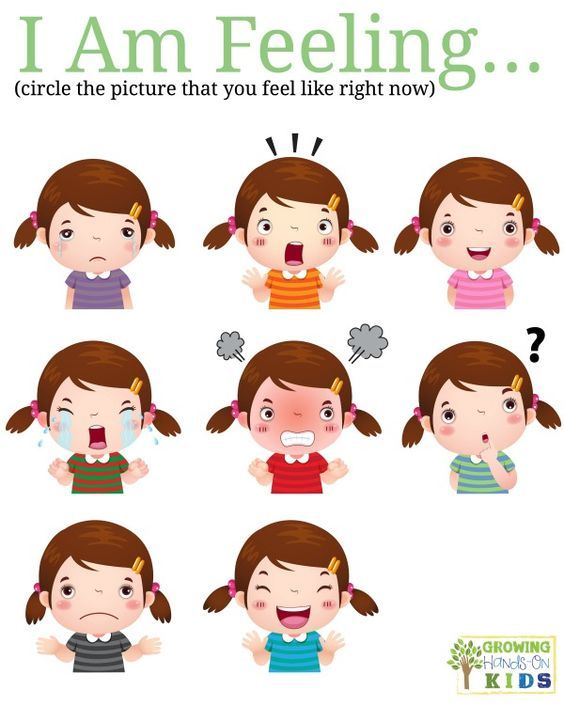Picture credits to https://www.growinghandsonkids.com
As a parent, it is important to be in tune with how your child is feeling. As adults, we often get carried away with our emotions and become careless with how we act in front of children. When your child is not feeling good, you need to find the root cause. An unhappy child needs help in correcting whatever is wrong, and you, as the adult, are the person to whom he turns for help. Here are some signs your child may not be feeling good.
- Your child may become quiet. If your child is normally full of energy and is constantly chatty, suddenly becoming quiet is a sign that something isn’t right.
- Your child may become louder or act out. Acting in inappropriate ways that are not normal for your child may also indicate the he isn’t feeling right. Tantrums, screaming, talking back or other disrespectful behaviors are signs that your child may not feel well emotionally.
- If your child stops talking to you about his day when he normally is very forthcoming, something might have happened to cause him to clam up about his day’s activities. Maybe someone has hurt his feelings badly.
- Watch for physical changes in your child. Emotional distress can manifest as physical changes as well. If your child is being emotionally abused, he may have trouble sleeping, have accidents, change his eating habits, self-harm, or wet the bed, for example, according to the UK charity, the National Society for the Prevention of Cruelty to Children.
- Note any other behavioral changes in your child as well. Your child may have difficulty controlling his emotions. He may be aggressive towards children and animals, be clingy, or be very affectionate toward people they don’t know. He may become obsessive in his habits, or take risks, act anxious or depressed.
If you notice any of these changes, discuss the situation with your child. Make yourself available for your child to talk to about difficult situations in his life. If you need help, talk to your child’s physician or another qualified professional to ensure your child gets the help he needs to be happy and healthy.
Don't miss out on our articles! You will find them useful somehow, from parenting to exam preparation tips to best deals and free trial classes! Subscribe to our newsletter to receive updates on articles and best deals!

